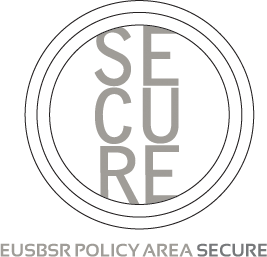The CBSS-coordinated Secure Kids project has produced the mapping report titled "Existing mechanisms and processes for child and youth participation in Disaster Risk Reduction (DRR) in Estonia, Latvia, Lithuania, Poland, and Sweden". The purpose of the mapping was to offer an up-todate overview of mechanisms and practices that exist in the Baltic Sea Region to…

